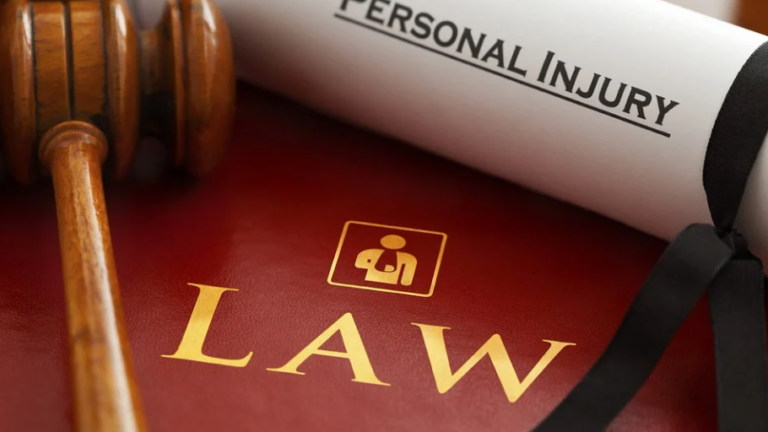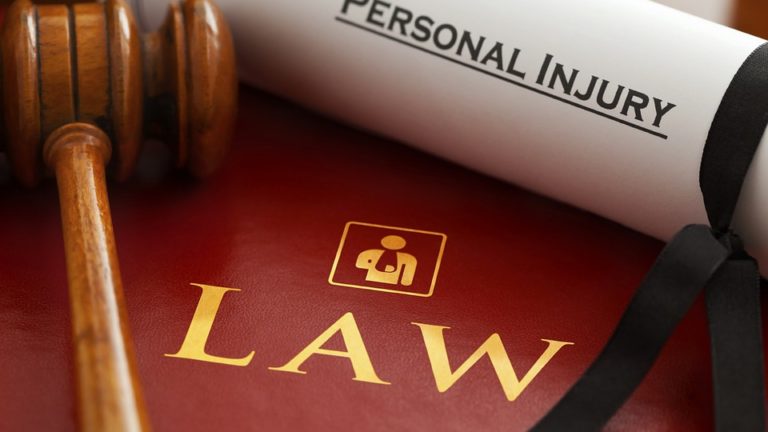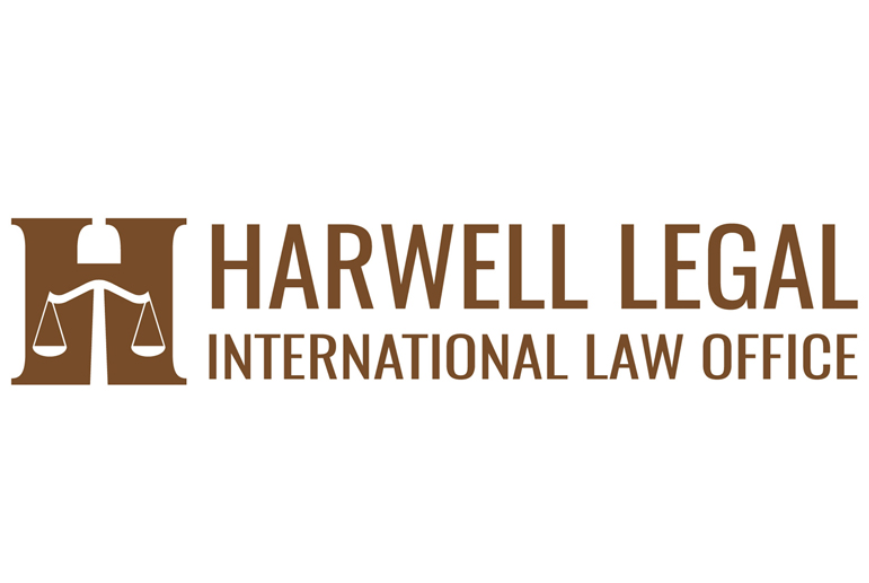Essential Legal Insights Every Tenant and Landlord Must Know

Navigating the world of rental agreements can be a daunting task for both tenants and landlords. Whether you’re signing your first lease or managing multiple properties, understanding your rights and responsibilities is crucial to fostering a harmonious living arrangement. In this blog post, we’ll unravel essential legal insights that every tenant and landlord must know to protect their interests, avoid common pitfalls, and create lasting relationships built on trust and transparency. From deciphering complex lease terms to understanding eviction procedures, we’ve got you covered! Dive in as we equip you with the knowledge needed to thrive in today’s rental market—because informed decisions lead to happier homes.
Lease Agreements: The Foundation of Your Relationship
A lease agreement is the backbone of the landlord-tenant relationship. It clearly outlines the terms of the rental, including rent amount, payment due dates, security deposits, and any rules the tenant must follow. As a tenant, always read the lease thoroughly before signing. Make sure it’s clear about things like rent increases and maintenance responsibilities. As a landlord, ensure the lease complies with local laws, especially regarding security deposits and eviction procedures. A solid lease agreement can help prevent misunderstandings down the road.
Tenant Rights: What You’re Entitled To
Tenants have certain legal rights that protect them from unfair practices. These rights can vary by state, but generally, tenants are entitled to a safe, habitable living space. This means your landlord must maintain the property and make necessary repairs. Additionally, tenants have the right to privacy, and landlords cannot enter without notice unless there’s an emergency. Familiarizing yourself with your local tenant protection laws is essential, as these can include protections against discrimination and wrongful eviction.
Landlord Responsibilities: Maintaining a Safe Property
Landlords have the legal responsibility to keep the rental property in good condition. This includes ensuring the property meets safety codes, providing essential services (like water and heat), and making repairs promptly when needed. Landlords are also responsible for addressing hazardous conditions that could cause harm to tenants, such as mold or broken electrical systems. Neglecting these duties could lead to legal action or loss of rental income, so it’s essential to stay on top of maintenance tasks and respond to tenant complaints quickly.
Security Deposits: What They Can and Can’t Do
Security deposits are a standard part of most rental agreements, but both tenants and landlords need to understand how they work under the law. Typically, landlords can ask for a security deposit to cover any potential damages or unpaid rent. However, the deposit must be returned to the tenant after they move out, minus any deductions for damage beyond normal wear and tear. Many states have laws about how much a landlord can charge for a security deposit and how quickly it must be returned. Knowing these rules ensures that both parties are treated fairly.
Evictions: The Legal Process You Need to Know

Eviction is a serious legal matter that should only be pursued when necessary. If a tenant fails to pay rent or violates the lease agreement, a landlord may begin the eviction process. However, landlords cannot simply force tenants out; they must follow a legal process that involves giving notice and, if necessary, going to court. On the other hand, tenants are protected from wrongful eviction. If the eviction process isn’t handled according to state law, tenants may have grounds for legal action. Both parties should understand the proper steps to avoid complications.
Rent Increases: What’s Fair and Legal?
Landlords have the right to raise the rent, but they must do so in compliance with local laws. Many states have rent control ordinances that limit how much rent can be increased and how often. For example, rent increases might be restricted to a certain percentage annually or may require notice to be given well in advance. Tenants should be aware of their local rent control laws, as they can vary widely. Similarly, landlords need to ensure that their rent increase practices are legal and clearly stated in the lease agreement.
Fair Housing Laws: Protecting Against Discrimination
Both tenants and landlords should be aware of fair housing laws, which protect people from discrimination based on race, gender, religion, disability, and other protected categories. These laws apply to all aspects of the rental process, including advertising, lease negotiations, and eviction proceedings. If you’re a tenant, you have the right to a rental free from discrimination. As a landlord, it’s important to ensure that your practices and policies don’t inadvertently discriminate against prospective tenants. Violating fair housing laws can lead to costly lawsuits and damage to your reputation.
Ending a Lease: Know Your Rights
Whether you’re moving out or choosing not to renew a lease, understanding the process for ending a lease agreement is crucial. As a tenant, you generally need to give notice a certain number of days in advance (usually 30 days) before moving out. If you break the lease early, you could face penalties or lose your security deposit. Landlords also need to understand when they can legally end a lease, such as if a tenant fails to pay rent or breaks the terms of the agreement. Understanding the termination rules helps avoid disputes when it’s time to part ways.
Real estate law can be complex, but understanding the basics can help both tenants and landlords navigate their relationship smoothly. By being aware of your rights and responsibilities, you can avoid costly legal issues and maintain a positive rental experience. Whether you’re renting for the first time or are a seasoned landlord, staying informed about the law is your best defense against misunderstandings and disputes.…









 Tax law is the field of legal study that deals with the enforcement, collection, and interpretation of taxes. This area of law covers issues such as filing tax returns, calculating taxes owed and understanding tax codes. Tax laws can be complex and require an experienced lawyer to handle these cases correctly.
Tax law is the field of legal study that deals with the enforcement, collection, and interpretation of taxes. This area of law covers issues such as filing tax returns, calculating taxes owed and understanding tax codes. Tax laws can be complex and require an experienced lawyer to handle these cases correctly.
 It would be pointless to hire a bodyguard that cannot protect you when you are in danger, right?
It would be pointless to hire a bodyguard that cannot protect you when you are in danger, right?  There’s nothing worse than having to deal with a problem that requires an expert, but your go-to person is not experienced enough! Lawyers know how to get things done, and they have plenty of experience doing it, so there aren’t any issues along the way. With lawyers on hand, you will have access to a
There’s nothing worse than having to deal with a problem that requires an expert, but your go-to person is not experienced enough! Lawyers know how to get things done, and they have plenty of experience doing it, so there aren’t any issues along the way. With lawyers on hand, you will have access to a 
 If you are meeting a divorce attorney for the first time, you should ask the necessary questions to make the best decision. You can also do some research online. Here are some frequently asked questions about a divorce that can be helpful during the process.
If you are meeting a divorce attorney for the first time, you should ask the necessary questions to make the best decision. You can also do some research online. Here are some frequently asked questions about a divorce that can be helpful during the process. Divorce is effective from the drafting of the minutes prepared on the day of the hearing before the appointed court. Subsequently, the Judges will issue the sentence with which they pronounce the dissolution or cessation of the civil effects of the marriage.
Divorce is effective from the drafting of the minutes prepared on the day of the hearing before the appointed court. Subsequently, the Judges will issue the sentence with which they pronounce the dissolution or cessation of the civil effects of the marriage.
 Whenever you have a legal issue that goes to court, it is always available to have a lawyer defend you. Some jurisdictions do not allow for cases to go on if the parties are unrepresented. They know the law and can protect your interests. Having a lawyer in court is also a plus because of their training. They know the inner workings of the court. They also know all the legal loopholes they can use to win your case. While they may be expensive at times, once you see them do their magic in court, you will be glad you hired them.
Whenever you have a legal issue that goes to court, it is always available to have a lawyer defend you. Some jurisdictions do not allow for cases to go on if the parties are unrepresented. They know the law and can protect your interests. Having a lawyer in court is also a plus because of their training. They know the inner workings of the court. They also know all the legal loopholes they can use to win your case. While they may be expensive at times, once you see them do their magic in court, you will be glad you hired them. With a lawyer around, you do not have to worry about paperwork. Paying their fees means they will draft and file whatever paperwork you need. Once you give your lawyer instructions, they will first do their research. They will develop strategies and winning plans. With your directions, they will then prepare all you need to be ready for court. Once you pay your lawyer their retainer fee, they automatically owe you some loyalty.
With a lawyer around, you do not have to worry about paperwork. Paying their fees means they will draft and file whatever paperwork you need. Once you give your lawyer instructions, they will first do their research. They will develop strategies and winning plans. With your directions, they will then prepare all you need to be ready for court. Once you pay your lawyer their retainer fee, they automatically owe you some loyalty.
 An experienced attorney can help you obtain the evidence you need to prove your liability in a car accident. Your attorney will likely visit the accident scene to examine the actual scene of the accident, even if you took pictures. A picture is worth a thousand words, but a scene seen in person may be worth more than a thousand pictures. An attorney will make sure that all accident and police reports are included in the case. They will also speak frequently with witnesses and police officers. When it comes to obtaining proof of liability, a reasonable attorney will leave no stone unturned.
An experienced attorney can help you obtain the evidence you need to prove your liability in a car accident. Your attorney will likely visit the accident scene to examine the actual scene of the accident, even if you took pictures. A picture is worth a thousand words, but a scene seen in person may be worth more than a thousand pictures. An attorney will make sure that all accident and police reports are included in the case. They will also speak frequently with witnesses and police officers. When it comes to obtaining proof of liability, a reasonable attorney will leave no stone unturned. Insurance companies exist to make money. Insurance adjusters are very experienced in negotiating insurance settlements. They will do anything to reduce their costs, even if they deny a legitimate claim. It can be challenging to negotiate with insurance companies if you are inexperienced. An insurance adjuster may ask you to make a statement or comment that could affect your ability to get the compensation you deserve.
Insurance companies exist to make money. Insurance adjusters are very experienced in negotiating insurance settlements. They will do anything to reduce their costs, even if they deny a legitimate claim. It can be challenging to negotiate with insurance companies if you are inexperienced. An insurance adjuster may ask you to make a statement or comment that could affect your ability to get the compensation you deserve.


 Many personal injury cases are usually settled out of court, probably due to the numerous advantages that it offers to both parties over going to court. The services of an attorney are still necessary even if the case does not get to court. The attorney will help you with all the negotiations and ensure that you get a positive outcome. Some of the top benefits of out-of-court settlements are highlighted below.
Many personal injury cases are usually settled out of court, probably due to the numerous advantages that it offers to both parties over going to court. The services of an attorney are still necessary even if the case does not get to court. The attorney will help you with all the negotiations and ensure that you get a positive outcome. Some of the top benefits of out-of-court settlements are highlighted below.



 In other words, boxing will test your cardiovascular system, enabling your body to adapt this activity by making your lungs and heart better at delivering oxygen. Therefore, getting a good cardiovascular workout is essential for your performance and physical fitness outside and inside the ring.
In other words, boxing will test your cardiovascular system, enabling your body to adapt this activity by making your lungs and heart better at delivering oxygen. Therefore, getting a good cardiovascular workout is essential for your performance and physical fitness outside and inside the ring.

